
 |
|
|
Click bars for Navigation ---- ---- Published Books by William Hermanns - Click cover image for it's webpage. 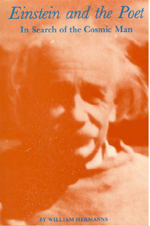 --- 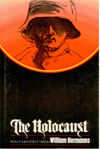 Out of print books available - email us Translate page
---
Like our facebook page WilliamHermanns to get website update notices and some uploaded poetry that talks to your soul. --- Please help support this website. We'll continue to upload more gems from the archives. See Contact Page to communicate with us. To My NeighborSeelentränenNavigationContact / Kontakt |
||||
|
|
Einstein and the Poet - In Search of the Cosmic Man 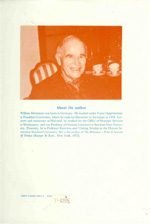
Original Publication: Branden Press, 1983 Hardcover books are available to purchase - email us. At Princeton with Albert Einstein after the 4th Conversation in 1954, Video by William Miller (no audio available) Video Clip be seen on Youtube at https://youtu.be/RaMs4s2vYQQ
Description from the inside jacket : Centering on the close 34-year relationship
with Einstein, the author begins his absorbing book by describing his vow on
the battlefield of Verdun: “God, save me, and I will serve you as long as I
live." A member of the League for Human Rights, the Alexander von Humboldt
International Club, and other peace organizations, Professor Hermanns became
a disciple of Albert Einstein. His four conversations with that genius is
nothing less than a pilgrimage to the altar of world peace.
Albert Einstein and William Hermanns, Princeton, 1943 In the third conversation in 1948, they realized the need for the founding
of a cosmic religion; they also discussed Jesus, Elsa Brandström, Planck,
Haber, Nernst and the Nazis, the Church and anti-Semitism. In the fourth,
shortly before Einstein's death, they talked about Bruening, Breitscheid and
Empress Hermina. The author also records the advice given by Einstein to a
Harvard student bent on suicide and Einstein's dream of a World Youth
Parliament to avert a third world war in which only a quarter of humanity
would survive.
Albert Einstein and William Hermanns, Princeton, 1954, after the Fourth Conversation, only months before Einstein's death on April 18, 1955 Photo by William Miller
Excerpts:Many people think that the progress of the human race is based on
experiences of an empirical, critical nature, but I say that true knowledge
is to be had only through a philosophy of deduction. For it is intuition
that improves the world, not just following the trodden path of thought.
Intuition makes us look at unrelated facts and then think about them until
they can all be brought under one law. To look for related facts means
holding onto what one has instead of searching for new facts. Intuition is
the father of new knowledge, while empiricism is nothing but an accumulation
of old knowledge. Intuition, not intellect, is the ‘open sesame’ of
yourself.” Albert Einstein, in Einstein and the Poet – In Search of the
Cosmic Man by William Hermanns (Branden Press, 1983, p. 16)
Einstein
"When dead, then let my worthless body burn, my ashes throw into the silent air; on earth no hole shall give my name a place." We rowed through darkness with your precious urn. There was a splash, a bubble sobbed somewhere. Yet, friend, creation has preserved your trace. The trace leads up; your pillow is star. Your dream? You see a golden ladder rise and youths ascending white and black and brown, rung after rung, reach out and touch afar a light, heart-formed, that gleams into the skies. The pilgrimage is endless up and down, and they are changed. They radiate and glow. Filled with your conscience and your intuition, they act now with dimensions infinite. Their will and purpose crush what’s base and low and stop the atom from its hell-bound mission. They carry in their heart a holy writ: We are cosmic substance, co- creators, we, of all that was and is and what shall be. And these, my friend, were your last words to me: "Have always holy curiosity." William Hermanns [P015] [P015, on p.147 of Einstein and the Poet - In Search of the Cosmic Man by William Hermanns (1983, Branden)]
Hardcover books are available to purchase - email us.
|
Please support
our sponsors. Click on image to be directed to their website ~~~~~~~~ 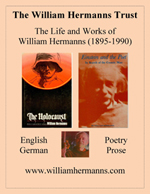 ~~~~~~~~ 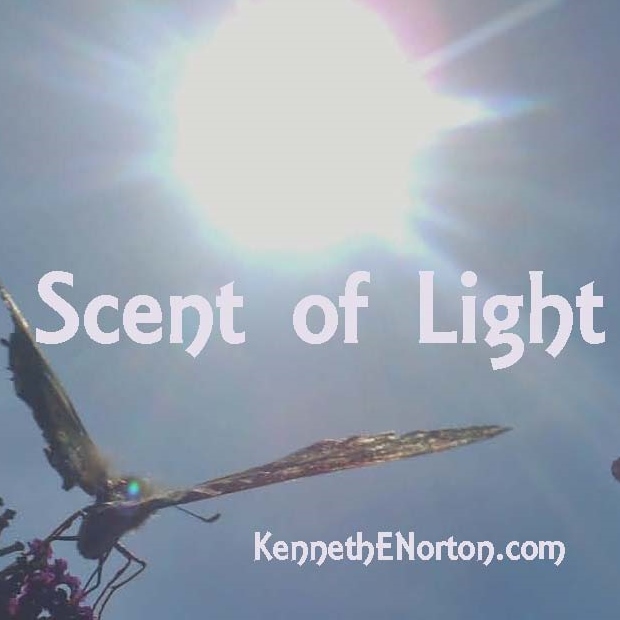 ~~~~~~~~  ~~~~~~~~ Norton & Holtz Business Solutions  ~~~~~~~~  ~~~~~~~~ 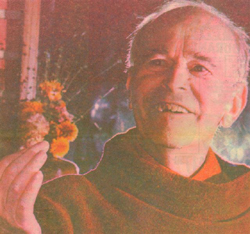 ~~~~~~~~ Published Books below: Click cover image for it's webpage:  Available at Amazon. For Hardbacks Contact us. --- 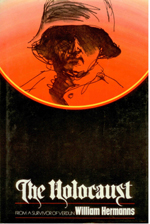 Inquire on out of print books ~~~~~~~~ |
|
|
|
|
|
|
||
|
Prose and Plays |
|
Poetry |
|
Events |
|
Website Info |
Website © Copyright 2011-2022 by Kenneth E. Norton Articles by William Hermanns (c) by William Hermanns Trust |
||||||